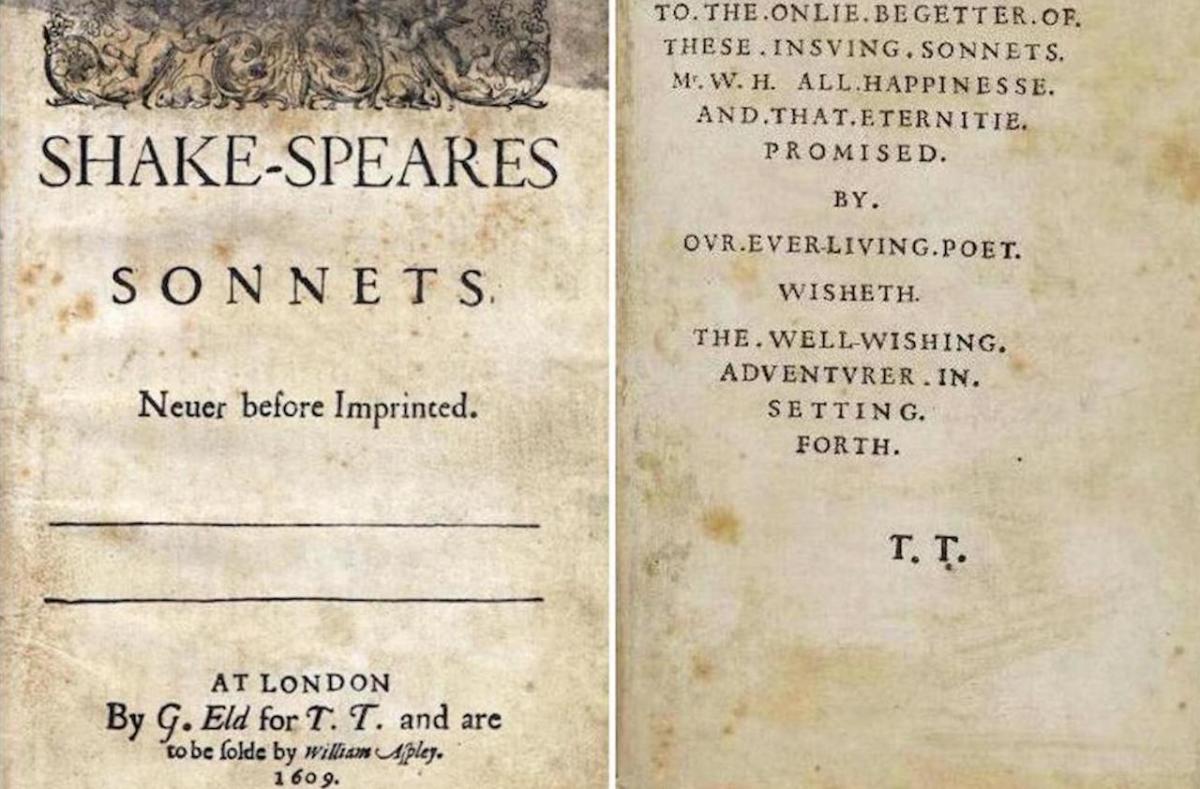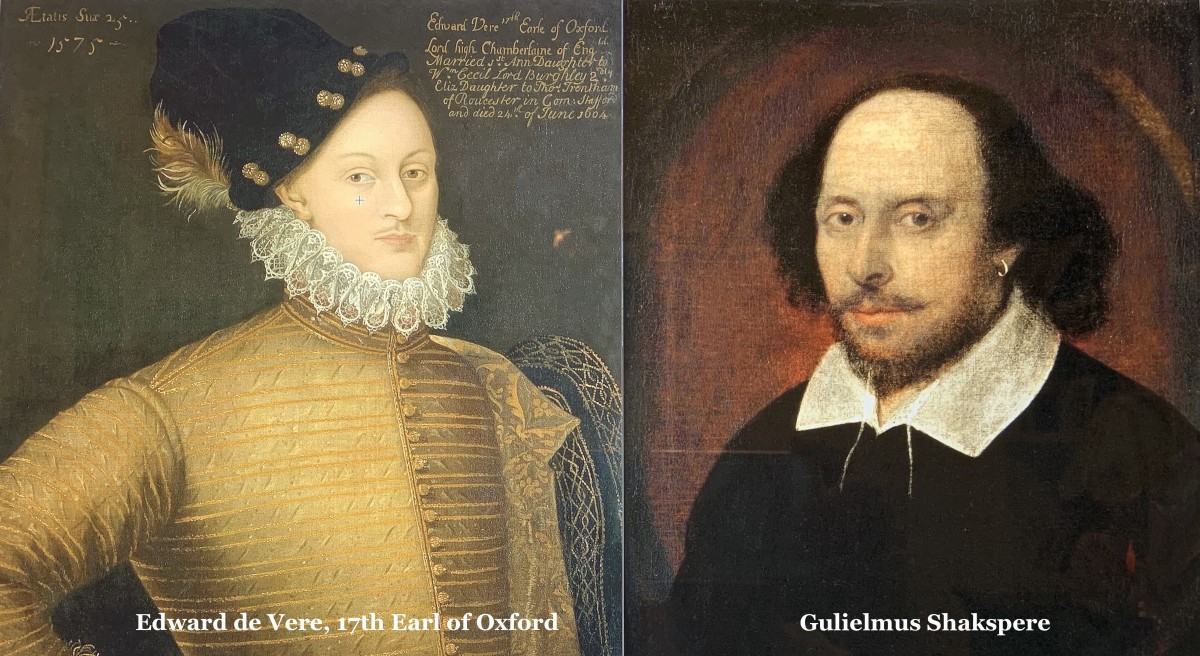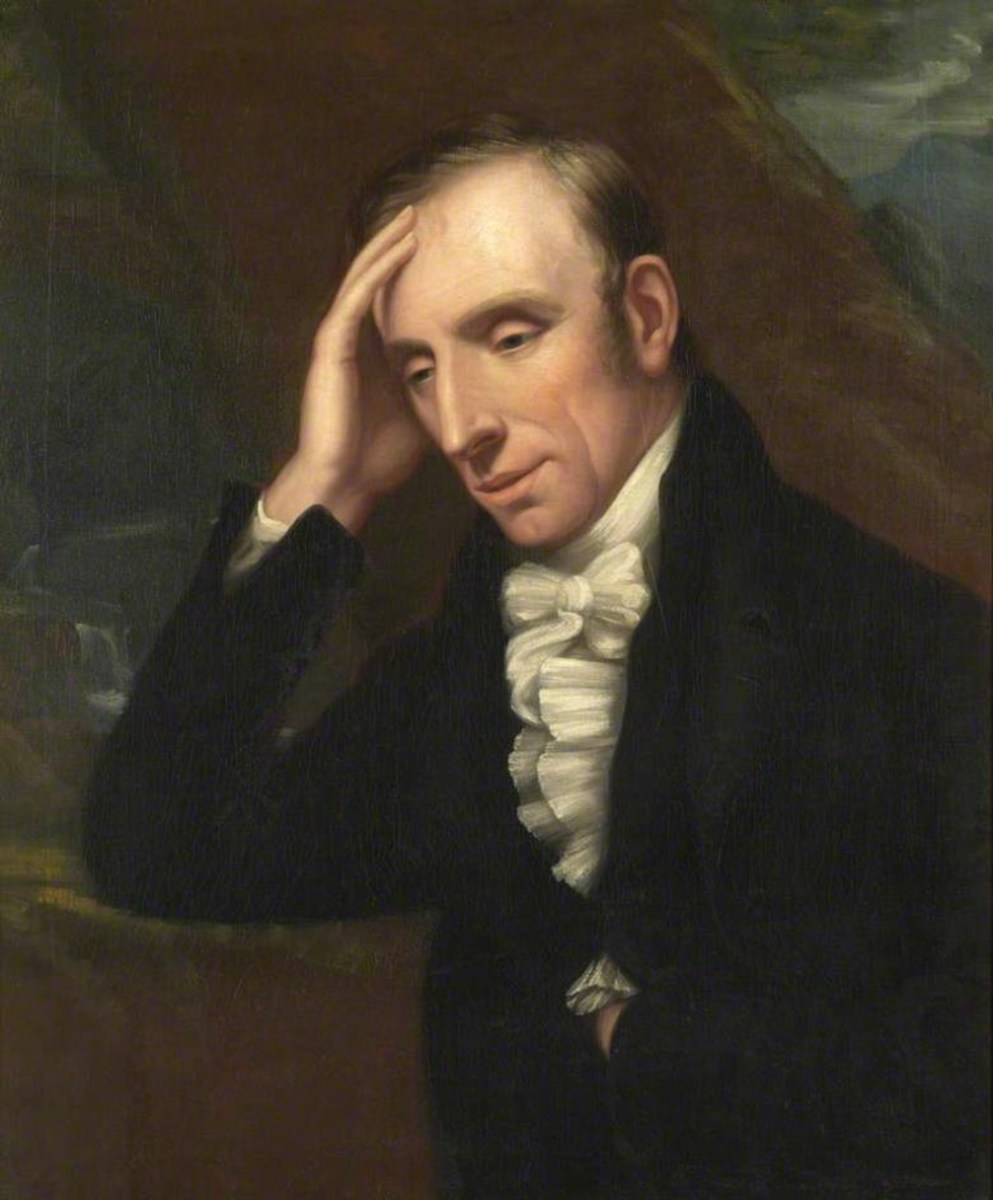Shakespeare Sonnet 60 "Like as the waves make towards the pebbled shore"

Introduction and Text of Sonnet 60 "Like as the waves make towards the pebbled shore"
This clever sonneteer has many times addressed the issue of the passage of time and how it leads to degeneration and decay of both mind and body. In sonnet 60 "Like as the waves make towards the pebbled shore" from the classic Shakespeare 154-sonnet sequence, the speaker is once again insisting that his sonnets and other literary creations will essentially bestow immortality on his subjects.
By encasing the things he loves in the amber of the sonnet, the speaker is essentially obviating the inherent progression imposed by the natural forces that lead all created things, including human bodies, to ugliness, decay, and death.
Sonnet 60 "Like as the waves make towards the pebbled shore"
Like as the waves make towards the pebbled shore,
So do our minutes hasten to their end;
Each changing place with that which goes before,
In sequent toil all forwards do contend.
Nativity, once in the main of light,
Crawls to maturity, wherewith being crowned,
Crooked eclipses 'gainst his glory fight,
And Time that gave doth now his gift confound.
Time doth transfix the flourish set on youth
And delves the parallels in beauty's brow,
Feeds on the rarities of nature's truth,
And nothing stands but for his scythe to mow:
And yet to times in hope, my verse shall stand
Praising thy worth, despite his cruel hand.
Shakespeare Sonnet Titles
In the Shakespeare 154-sonnet sequence, the sonnets are numbered but not titled; that lack of titling is the case with most sonnet sequences. Therefore, each sonnet's first line must serve as its title in commentaries about the sonnet. According to the MLA style guide, "When the first line of a poem serves as the title of the poem, reproduce the line exactly as it appears in the text." APA, the style guide used by this site, does not address this issue.
Commentary on Sonnet 60 "Like as the waves make towards the pebbled shore"
Shakespeare sonnet 60 "Like as the waves make towards the pebbled shore" finds the speaker musing on the ravages of time. He remains reluctant to accept those ravages, and through the creation of his poetry, he constructs a defense against total annihilation.
First Quatrain: Time Similar to Ocean Waves
Like as the waves make towards the pebbled shore,
So do our minutes hasten to their end;
Each changing place with that which goes before,
In sequent toil all forwards do contend.
The first quatrain finds the speaker likening each individual human being’s time to the waves of the ocean, which continuously roar and roll onto the land fronting the waters. He asserts that, as the waves behave, so do the periods of time that human beings possess as they quickly reach the finality of their days. Rather than simply moving in a leisurely pace, those waves and therefore time speed on rapidly, that is, they "hasten."
This observation demonstrates that this speaker is not a young man but rather he is a mature individual, who is seasoned in life and who has existed on this earth at a time period commensurate with the ability to know that human life on the physical plane quickly comes to an end.
This mature, experienced speaker further has noticed that the "minutes" flow rapidly as do the waves of the ocean, and as everything moves forward, it is replacing that which precedes it, for example, each minute is replaced by another minute the same way that each continuing wave is replaced by another wave as it moves to the ocean’s shore.
Second Quatrain: Desire for Maturity
Nativity, once in the main of light,
Crawls to maturity, wherewith being crowned,
Crooked eclipses 'gainst his glory fight,
And Time that gave doth now his gift confound.
After being born into this world, each young human being feels that life moves slowly from youth to adulthood; virtually all youthful folks yearn to be more mature as they are growing and maturing, slowly but surely.
Those youthful individuals may possess the notion that they are and will remain invincible, but then they find that they must face situations that tell them they may not remain as strong and sturdy as they have thought themselves to be. Trials and tribulations soon begin to accrue, and they speak again to the nature of human invincibility.
Youthful folks invariably come face to face with adversity in spite of their possession of an abundance of talents and abilities; they must battle against the newly acquired fact that they are actually growing old, and that their bodies are transforming from their glowing youthfulness to an aging maturity that seeks more from their efforts than mere romantic foolishness.
The same element of "Time" that they were handed upon their birth then appears to be confusing to them as they become addled and befuddled. Life's precious gift then transforms into a heavy burden which must be dealt with in order to attain knowledge of the true purpose for living.
Third Quatrain: A Mournful Complaint
Time doth transfix the flourish set on youth
And delves the parallels in beauty's brow,
Feeds on the rarities of nature's truth,
And nothing stands but for his scythe to mow:
The speaker continues his mournful complaint as he asserts that "Time" converts youth by carving those telling lines in the forehead and around the eyes, those facial wrinkles which serve as a symbol for growing old. The surety of nature seems to be usurped by the passage of time without regard to how "rare" the individual’s special gift or loveliness might have been.
Individuals are born with unique physical assets and mental talents, but it matters not at all what those physical/mental assets/gifts/talents are, for everything within the purview of the mayic force will face decay and death. Colorfully and dramatically, the speaker likens time's cutting down youth to a mower whacking down weeds with a scythe.
The speaker stresses this fact that life is fleeting as he dramatizes and portrays the process through repeated metaphoric employment. The speaker understands that human beings experience this phenomenon uniquely but very intensely, and he exploits the issue dramatizing it without mercy.
The Couplet: Softer and Gentler
And yet to times in hope, my verse shall stand
Praising thy worth, despite his cruel hand.
The final lines serve to soften some of the speaker's earlier intensity. What was blood and guts now becomes a soft gentle exercise in breathing: Even though the punishing hand of time may continue in full force against all that is created, his poems will remain filled with those same things, offering them immortal praise.
This speaker's confidence in his ability to bestow immortality on anything he puts into his sonnets remains in place and, if possible, stronger than ever. Time may mow down things, but in his poems they will live as freshly as the day they were born/created.
Although the speaker and even his poems will take on advanced age, his visage will change, but his cache of poems will remain as young and vibrant as ever. What he wishes to preserve, he will place in these beautiful containers (sonnets) that will preserve his vision, his attitude, and his profound thought processes.
Thus the speaker's vibrant dramas will remain communicative as long as anyone is left alive and able to experience them. The people, places, and things that he preserves in his dramatic pieces will remain as fresh as the day they came into being.

Related Shakespeare Information
- Introduction to the Shakespeare 154-Sonnet Sequence - The Shakespeare 154-sonnet sequence offers a study of the mind of a poet. The first 17 have a speaker persuading a young man to marry and produce lovely offspring. Sonnets 18–126 address issues relating to talent and art creation.
- "William Shakespeare": Nom de Plume of Edward de Vere, 17th Earl of Oxford - The Shakespeare controversy continues to play out between the Oxfordians, who argue that the "Shakespeare" writer was Edward de Vere, 17th Earl of Oxford, and the Stratfordians, who insist that Gulielmus Shakspere of Stratford-upon-Avon remains the writer of that canon.
Commentaries on Other Shakespeare Sonnets
- Shakespeare Sonnet 1 "From fairest creatures we desire increase." DiscoverHubPages. Original: February 13, 2023. Updated: January 11, 2024. - EXCERPT: The Shakespeare sonnet sequence features 154 Elizabethan sonnets (also known as English or Shakespearean). The first sonnet "From fairest creatures we desire increase" begins the focus on the young man, and the speaker will continue that engagement in sonnets 1-17.
- Shakespeare Sonnet 4 "Unthrifty loveliness, why dost thou spend." DiscoverHubPages. Original: February 26, 2023. Updated: January 10, 2024. - EXCERPT: Sonnet 4 from"The Marriage Sonnets" in the classic Shakespeare 154-sonnet sequence, find the speaker engaging a finance metaphor to enhance the drama of his argument.
- Shakespeare Sonnet 5 "Those hours, that with gentle work did frame" DiscoverHubPages. Original: February 27, 2023. Updated: January 10, 2024. - EXCERPT: The speaker of Shakespeare sonnet 5 continues fashioning his little dramas, persuading the young man that he must marry and procreate to preserve his youth and thus attain a certain imagined version of immortality.
- Shakespeare Sonnet 18 "Shall I compare thee to a summer’s day?" Owlcation. Original: October 12, 2023. Updated: January 22, 2024. - EXCERPT: Shakespeare sonnet 18 "Shall I Compare Thee to a Summer’s Day" is one of the bard’s most widely anthologized—and most widely misunderstood—sonnets. There is no person in this sonnet: the speaker is not comparing/contrasting the beauty of nature and the beauty of a paramour.
This content is accurate and true to the best of the author’s knowledge and is not meant to substitute for formal and individualized advice from a qualified professional.
© 2024 Linda Sue Grimes


